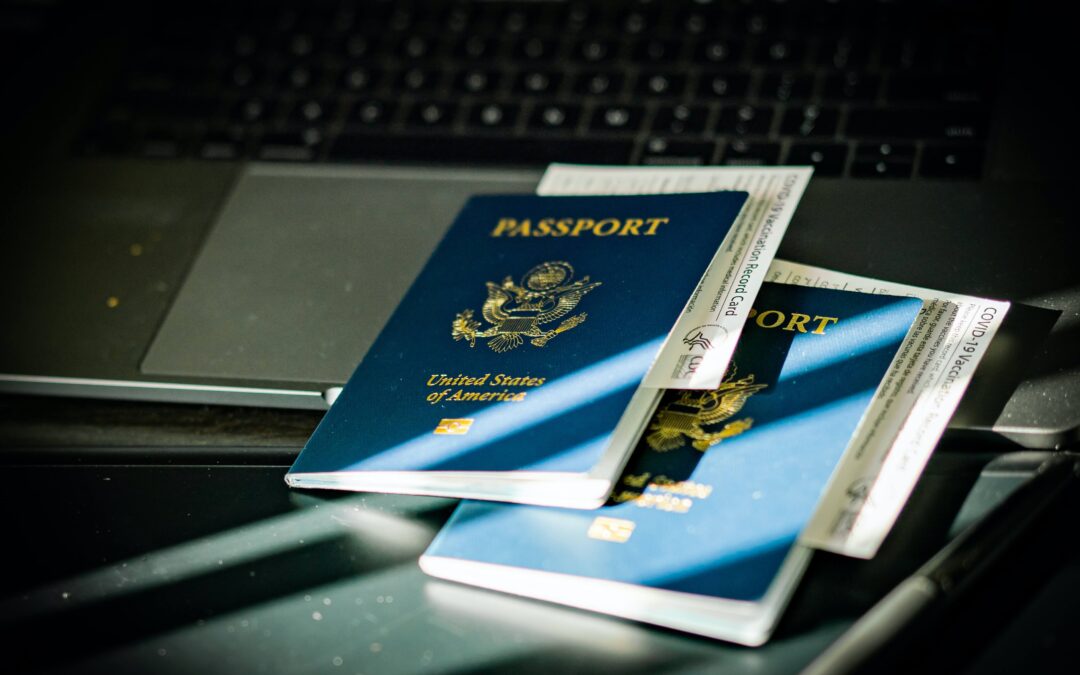The U-Visa serves as a crucial lifeline for undocumented immigrants who are victims of serious crimes. However, the landscape of immigration policies can significantly influence the U-Visa application process and outcomes. In this article, we will explore the impact of the challenges faced by applicants in seeking protection and legal status in the United States.
1. Changes in Eligibility Criteria
Eligibility criteria are defined by law, but changes in immigration policies can impact how these criteria are interpreted and applied. Shifts in policies may affect the types of crimes that qualify for a U-Visa or the level of cooperation required from applicants.
2. Processing Times and Backlogs U-Visa and Immigration Policies
Current immigration policies can influence U-Visa processing times and backlogs. High demand and limited visa numbers may lead to longer waiting periods for applicants. Additionally, changes in USCIS processing procedures can affect how efficiently petitions are adjudicated.
3. Impact on Law Enforcement Cooperation
Immigration policies can also influence the willingness of law enforcement agencies to provide U-Visa certifications to victims. Changes in enforcement priorities may affect the extent to which agencies cooperate with U-Visa applicants in criminal investigations or prosecutions.
4. Access to Legal Assistance U-Visa and Immigration Policies
Changes in immigration policies may impact the availability of legal assistance for U-Visa applicants. Reduced funding for legal aid organizations or changes in asylum laws can affect applicants’ ability to access qualified attorneys and navigate the complex application process.
5. Potential for Policy Reversals
The dynamic nature of immigration policies introduces the possibility of policy reversals. Applicants may find that policies in place when they applied have changed by the time their petitions are processed. This uncertainty can add stress to an already challenging process.
Current immigration policies play a significant role in shaping the application process and outcomes. Potential changes in eligibility criteria, processing times, law enforcement cooperation, access to legal assistance, and the overall policy landscape can impact applicants’ chances of obtaining protection and legal status through the U-Visa program. Staying informed and seeking knowledgeable legal guidance are crucial for navigating the complexities and challenges posed by current immigration policies.


